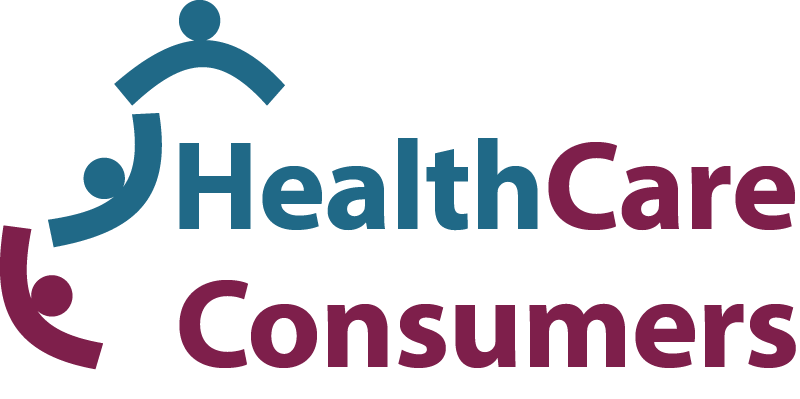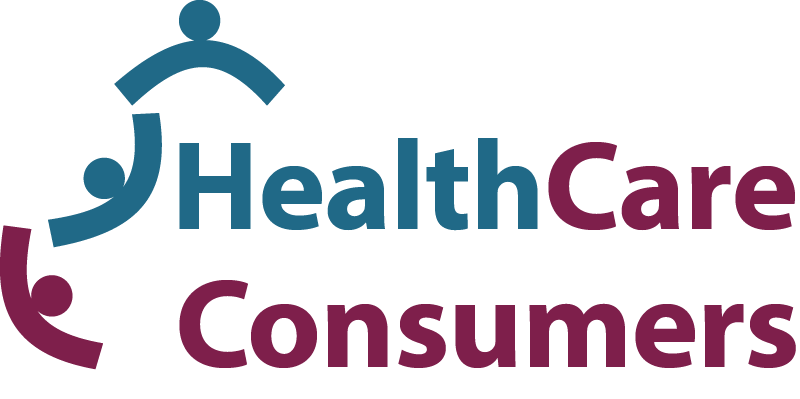Publications
Consumer Event Participation Reports: COTA Policy Forum, CHF Summit & National Medicines Symposium
29 June 2021
Some of our members have recently attended a number of different events including the COTA National Policy Forum, the Consumers Health Forum Summit, and the National Medicines Symposium.
You can read about their experiences and learnings at these events below.
COTA Policy Forum
One of our members, Priyanka Rai, attended the COTA National Policy Forum earlier this year. Her report about her attendance at this event is below:
The COTA National Policy Forum in 2021 on Retirement Incomes was held at the National Press Club on 26 February. There were several sessions that discussed the future of retirement income policy – including pensions, superannuation and the role of housing.
The touchstone of the day’s discussion was the review of the retirement income system that was conducted over a 10 month period by an independent panel led by Michael Callaghan, Carolyn Kay, and Dr Deborah Ralston, all of whom presented at the event. The Treasurer, the Hon Josh Frydenberg opened the forum, speaking to the findings of the review. One of the most alarming findings from the report was that that home ownership was the most important factor in avoiding hardship in retirement.
Several interesting presentations including by Prof John Pigott who noted that Australia has one of the best retirement savings systems in the world, but one of the worst pension-tax systems in the world. Dr David Knox from Mercer demonstrated how the assets test is hurting middle income Australians. Perhaps most illuminating was the presentation by Kate Colvin Manager of Policy and Communications to the Council to Homeless Persons. She shared the alarming statistic that there will be 136,000 renters over 65 in rent stress by 2031 with a social housing shortfall of 120,000 properties. Kate also noted that a $7bn investment in social housing can generate 18,000 jobs a year and drive $18bn of economic expansion, so clearly this is an important strategy that will ensure retirees don’t face housing and financial crisis.
CHF Summit 2021
Priyanka also attended the CHF Summit 2021: Shifting Gears in March. Her experience at this virtual conference is below:
The CHF Summit for 2021 had the theme of #shiftinggears and was another virtual event held on 18 March. The focus of the conference was on consumer experience and leadership in health care. The conference had many excellent presentations, including those by Vincent Dumez co-director of the Centre of Excellence on Partnership with Patients and the Public at University of Montreal.
The conference also has a strong focus on the role of consumers as researchers, especially insightful was a presentation a joint presentation from Yvonne Zurynski and Jeffrey Braithwaite (both from the Australian Institute of Health Innovation, Macquarie University) who presented on consumers’ role in sustainable healthcare systems and why their engagement is so critical to health systems research.
Consumer-based healthcare also had very good insights through a robust panel session on how to gear an organisation’s strategy, culture and practices around consumer-centred care. NPS Medicinewise and other organisations also shared projects where they are successfully collaborated with consumers. Another panel also discussed consumer and community engagement in Australia’s COVID-19 vaccination strategy.
The Big Ideas Forum was also an interesting session which showcased one minute videos from consumers presenting their ambitious, transformational and achievable ideas to improve the health system. The conference ended with a virtual cocktail session, an innovative way to network virtually.
National Medicines Symposium
Two of our members also attended the National Medicines Symposium in May which was hosted by NPS Medicinewise.
Below is what Trish Lord had to say about her experience at the online event:
In the session “What does success in quality use of medicines (QUM) look like from a clinician and policy perspective?” it was noted that Australia has high access to medicines and health professionals, and low data on medicine errors – some data shows 2-3% of hospital admissions are medicine related.
It was also noted that patients need time and encouragement and to be provided with objective information about their medicines. There is also the need to look at the monitoring the use of medicines particularly in poly-pharmacy (5 medicines or more), as well as the need to reduce harm from high risk medicines and in transitions of care.
Examples of activities which have improved use of medicines or highlighted needs include:
- COVID19 vaccine rollout has raised consumer awareness of how meds get approved and can have side-effects, and that QUM includes empowering the consumer;
- Royal Commissions into Aged Care and Disability highlighted inappropriate use of medicines;
- Gov increased funding for more frequent patient medicine reviews, especially needed with poly-pharmacy;
- Use of electronic patient charts and MyHealth Record;
- The need for consistent information;
- Being able to identify the active ingredient to reduce confusion;
- All States have adopted the 10th National Health Priority and how progress should be measured;
- In medication misadventure: we don’t know whether the patient followed the recommendation/s, what to measure and why- that is, we need to understand what we are trying to achieve.
Trish noted that the consumer’s challenge is how to navigate the information and misinformation available.
Trish also attended the Consumer Perspectives Panel at the online event. Trish noted the following points relevant to consumers and medicines:
What does success look like?
- A range of partnerships among health professionals that relate to the consumer;
- Consumer experience to be included in policies and practice, one size does not fit all;
- Consumer journey using measures that improve outcomes;
- Alignment of the goals of the consumer and doctor;
- Best use of the assets, with consumer the best asset, and includes clinicians and technology;
- Information in a language that the consumer understands;
- Collect consumer stories which show what works for them – may not be the same as the clinician’s perspective.
What is most frustrating?
- My Health Record, including not used by specialists, doesn’t include private scripts;
- Active ingredient name of the medication useful BUT what is it used for?
- Who originally prescribed the medication?
- Continuity of care for most vulnerable consumers: e.g. remote to hospital to discharge to remote
- Ensuring that consumer is comfortable with the care & culturally able to engage and trust provider;
- What irks me is what actually goes on the med label – does not include the indicated use;
What is working?
- Webster packs are very helpful;
- Outreach services/people who support the consumer;
- Lots of data being collected – however how to apply this usefully!
- Consumer does not think about the ‘system’;
How to improve health literacy?
- Format in user friendly styles so need different ways for the same message! E.g. iPads
- Each State should share what is working for them;
- Consistent terminology, definitions
- Collaboration among health professionals to design different ways of communicating;
- So much data collected so needs deep diving for useful results;
Are QUMs making a difference? Need to consider:
- Why is Closing The Gap not working?
- Removing silos;
- Identify consumers with special needs – English as a second language, vulnerable people, people with complex care;
- Improving communications/relationships, which takes time and effort.
Trish said the consumer journey should be the centre of all efforts.
Below is what Priaynka Rai had to say about her experience at the event:
The first virtual National Medicines Symposium was held online on 18 May 2021. The conference was emceed by renowned journalist Jenny Brockie and included presentations from several notable speakers. The keynote presentation on the topic of what does success in quality use of medicines look like from a clinician and policy perspective was given by Prof Michael Kidd, Deputy Chief Medical Officer. It was interesting to note that Prof Kidd agreed that Australia does not have good data on medication errors, and the subsequent result of these errors, acknowledging that the costs to consumers of these errors can often be quite high.
The opening session also had a panel discussion on the topic which was led by Leanne Wells from CHF as well as A/Prof Chris Freeman, President of PSA. Dr Diane Watson, CEO of the Bureau of Health information and Helen Dowling from eHealth & Medication Safety at the Australian Commission on Safety and Quality in Health Care also joined the panel along with Andrew Mathews from the Australian digital health agency. The panel discussion was illuminating, especially around the subject of need to understand why and where medication errors occur, and the need for a more systemic approach to accurate data collection, as well as appropriate funding to support this.
Other notable presentations included a fascinating presentation by Prof Sallie Pearson Head of the Medicines Policy Research Unit at the Centre of Research Excellence in Medicines Intelligence. Prof Pearson spoke on the challenging pathway to build more integrated technology and data to protect patients from medicine-related harm. A/Prof Melissa Baysari’s presentation on the advantages and negatives of digital health was an insightful one as well. Unfortunately, the final panel session dedicated to consumer perspectives was plagued by technical challenges and could not be broadcast as planned.

